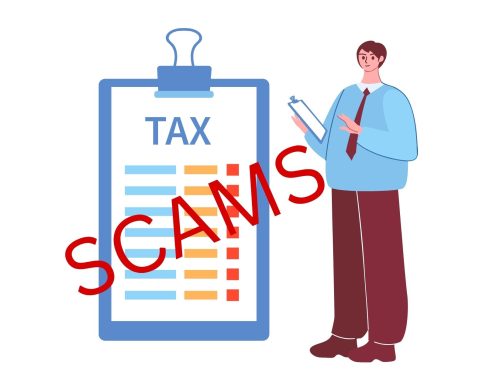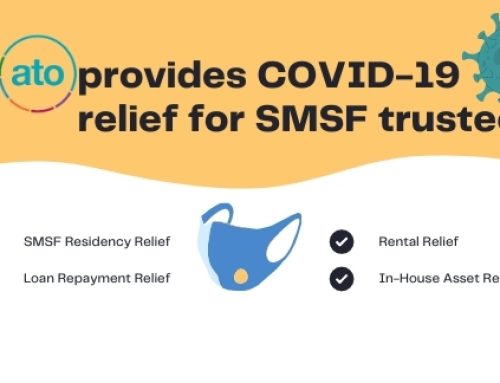Do you plan to become a SMSF trustee sometime in future? If yes, then you must make sure that they don’t incur disqualification from being an SMSF trustee or director. There are some circumstances which may make a person disqualified even if such person landed in such circumstance unknowingly. Let us discuss this in detail.
What constitutes “dishonest offence”?
A person can become disqualified from becoming an SMSF trustee or director if they are convicted of any offence. This holds true irrespective of the fact whether the offence is committed in Australia or outside Australia. Another important fact to note is that the disqualification applies irrespective of the age at which the person is convicted. This means that even if a youth is committed of an offence before attaining the age of 18, such youth becomes disqualified from becoming the member forever.
There is no guideline in the SMSF laws as to what constitutes “dishonest offence”. However, ATO has stated some examples for which convictions counts as dishonest offence, such as:
- Theft
- Fraud
- Illegal activities
- Illegal dealings
Even if some convictions are not recorded by the court on the grounds of a person’s age or the non-availability of conviction publicly, then also disqualification can arise.
The seriousness of the disqualification can be understood from an example found in the Explanatory Memorandum of the legislation. A minor aging less than 18 years convicted of shoplifting 20 years back was declared to be involved in an offence including dishonesty and thus disqualified to be an SMSF trustee/ director.
Are there any exceptions to disqualification?
As a general rule, a person convicted of a dishonest offence is disqualified for the entire life. However, there are some exceptions to this rule in those situations where “serious dishonest conduct” is not committed. Serious dishonest conduct refers to those offence where the penalty involves an imprisonment term of more than two years or a fine of more than 120 penalty units ($25,200 for year 2019).
If you are convicted of an offence not being serious dishonest conduct, then you can make an application to the ATO and request for the waiver of disqualification. Further, the application has to made within 14 days of the conviction. If there is any good reason for the delay made in making application, then the ATO might consider such delayed application.
What happens when disqualification is attracted?
When an SMSF trustee incurs disqualification, then the same shall be notified by the trustee to the ATO immediately. If the SMSF trustee continues to be the trustee, then it will be counted as a serious offence for the trustee that can bring along significant criminal and civil penalties.
Another important thing to note is that even a person’s legal representative is restricted from becoming a replacement trustee or director. The disqualified person is ceased to be an SMSF member for entire life within a period of 6 months of the conviction. An SMSF is required to restructure the fund to make good the trustee/member rules within this grace period of 6 months. The result is that the member who is convicted of a dishonest offence has to immediately cease being the SMSF trustee/ director, however, the SMSF gets a grace period of 6 months to comply with trustee/member rules.
What to do when ATO doesn’t provide waiver to an SMSF member?
There are few things that a member can do if you have incurred disqualification and the ATO disapproves your application for disqualification waiver:
- The account balance of the disqualified member can be rolled over to a large (Australian Prudential Regulation Authority i.e., APRA) superannuation fund.
- The SMSF can be converted to a small APRA fund. For this, an APRA approved trustee has to be appointed.
- Those disqualified persons who have either retired, attained the age of 65, or fulfilled some other condition of release along with a nil cashing restriction are allowed to withdraw all the benefits lying with the SMSF fund.
The disqualified person needs to make sure that these corrective actions are taken within a period of six months from disqualification.
Conclusion
Considering the serious consequences of disqualifications, it is important that the SMSF trustees and the auditors frequently monitor whether the conditions of disqualification are attracted for any member or not. The SMSF advisors should also consider whether the children of SMSF members can be disqualified and establish succession plans accordingly.






